 |
| April 27, 2020 |
Dear Reader,
To help commemorate Hubble's 30 years of discovery, space and physics editor Lee Billings spoke with Ken Sembach, director of the Space Telescope Science Institute, about the observatory's most revolutionary discoveries, its operations during the coronavirus pandemic and how much longer it might last. We also have a video that features some of the remarkable cosmic views captured by Hubble. In other news, researchers say they have developed a bandage that repels blood and bacteria, promotes quick clotting and detaches without reopening the initial wound. And, according to a massive new study, the U.S. could save more than $1 trillion by removing roughly 1 million homes from flood-prone areas and relocating residents to higher ground. |
| | Sunya Bhutta, Senior Editor, Audience Engagement
@sunyaaa | |
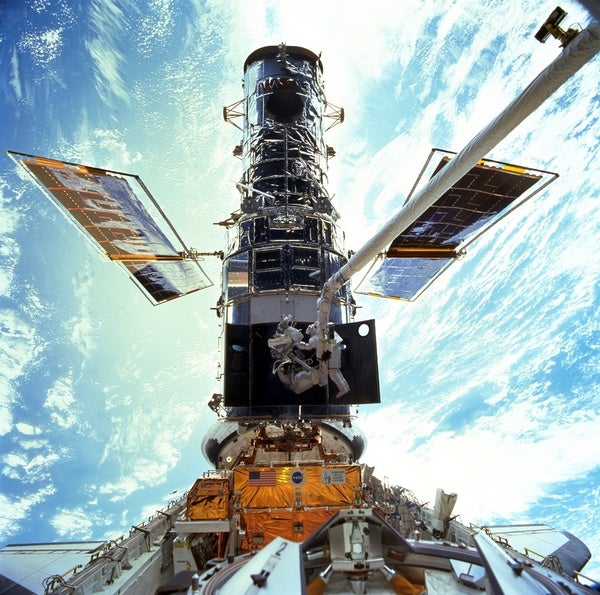 |
| |
| |
| |
| |
| |
| |
| |
| |
| |
| |
| |
FROM THE STORE
 | | | |
| |
FROM THE ARCHIVE
 | | | |
| QUOTE OF THE DAY
 "In an era where much is uncertain, we can still ponder how what's happening today fits into the vastness of time and space that is the greater universe." Duilia de Mello, astronomer | |
LATEST ISSUES
 |
| |
| Questions? Comments?  | |
| Download the Scientific American App |
| |
| |



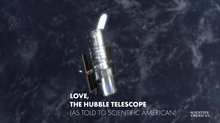
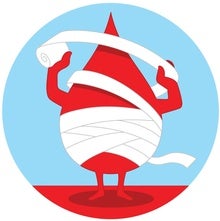
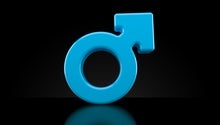
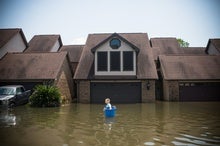
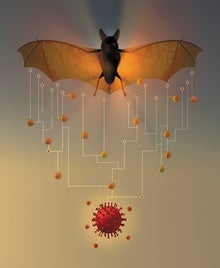
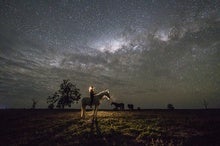
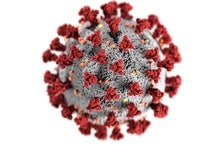
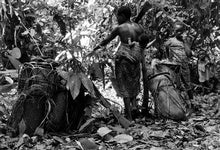
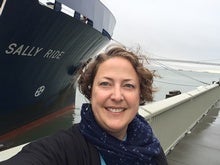
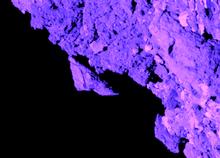
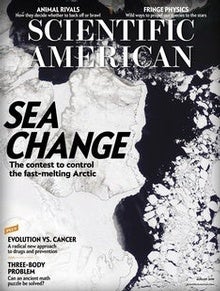

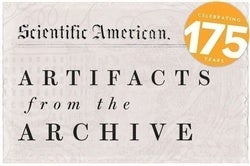
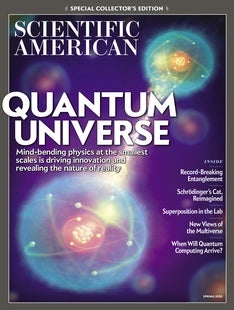

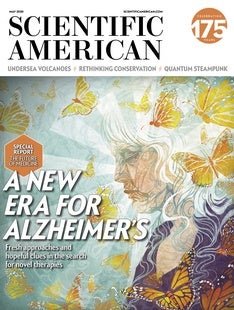
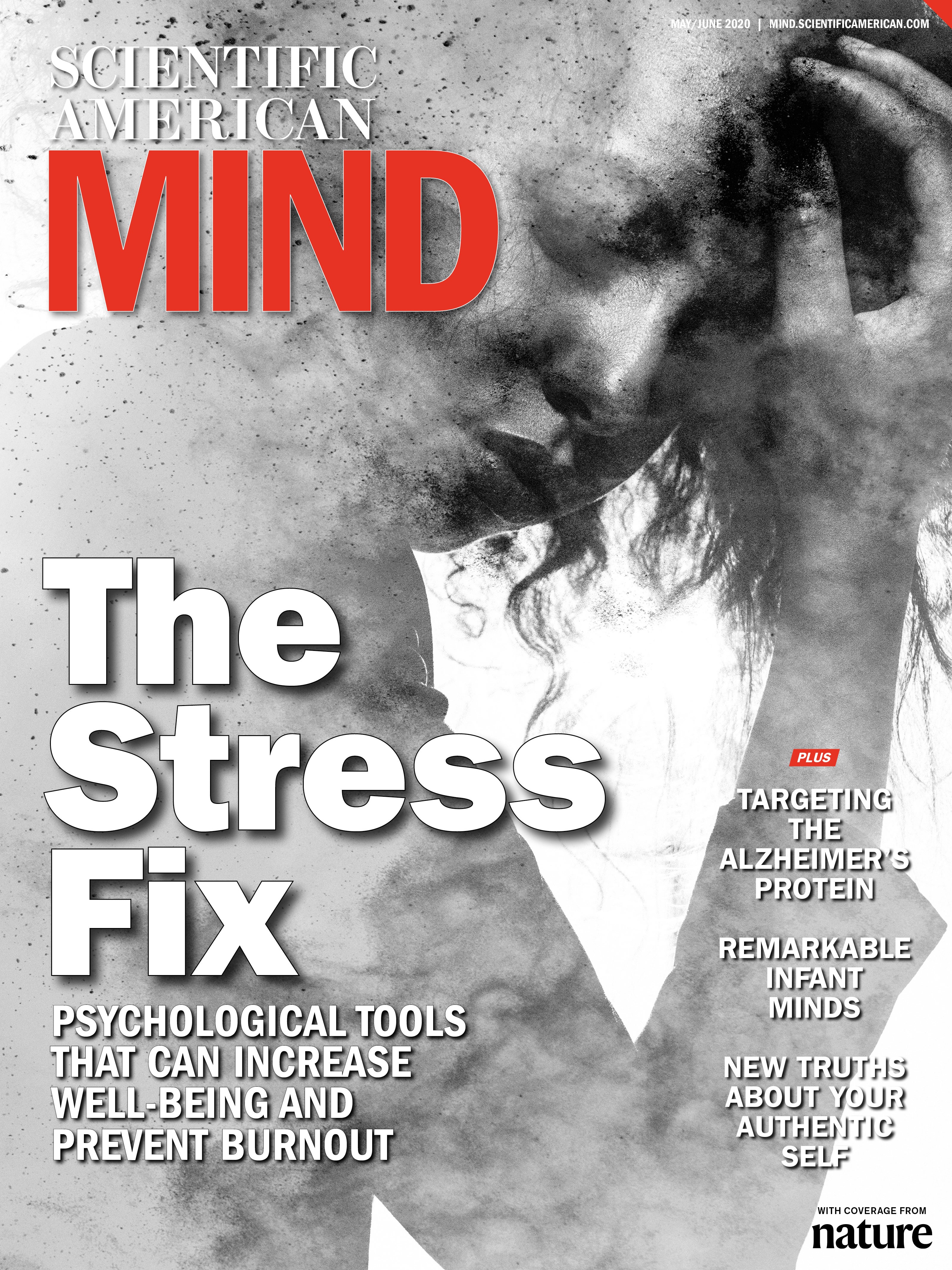
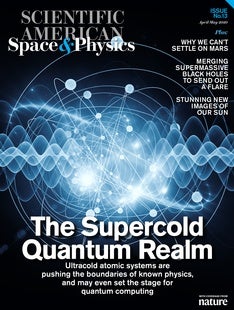



Comments
Post a Comment